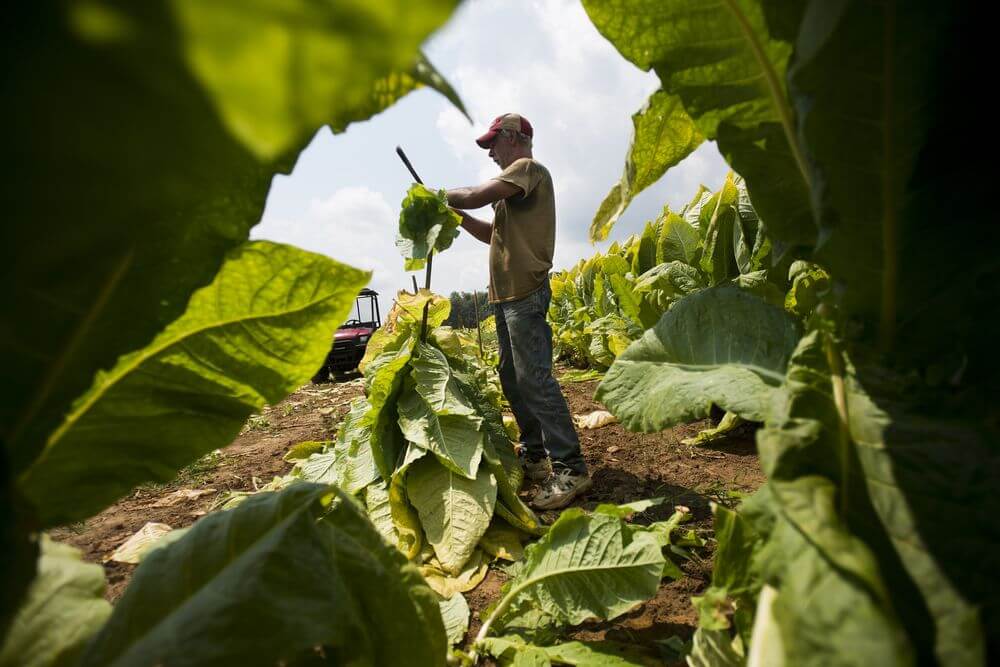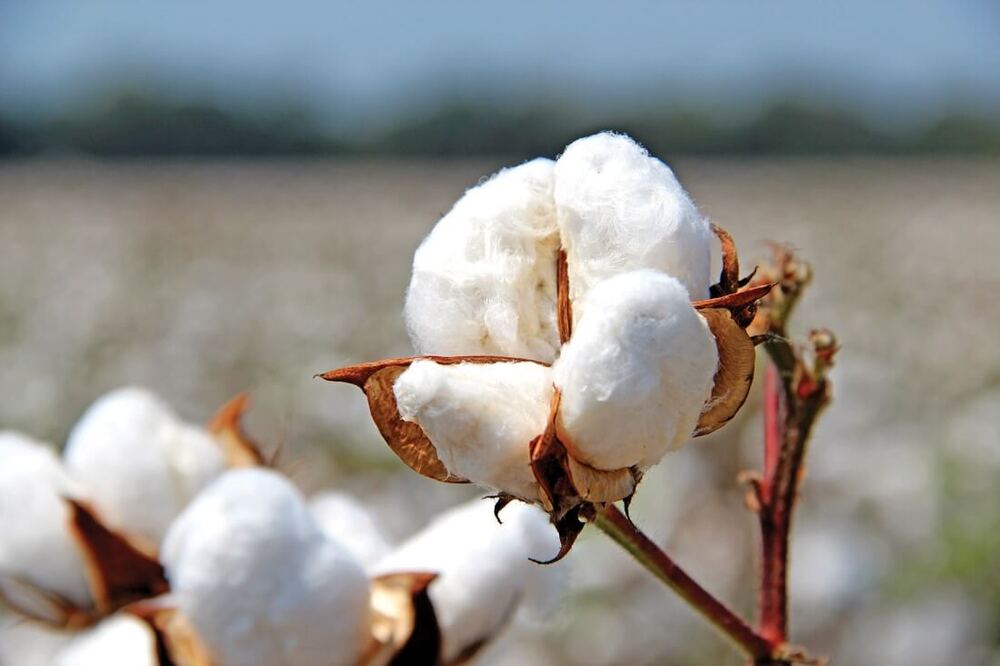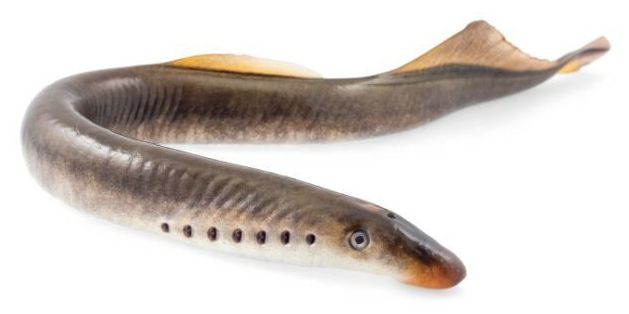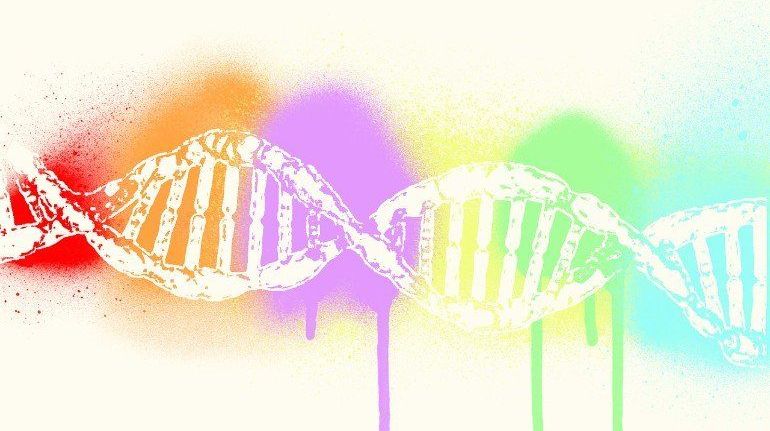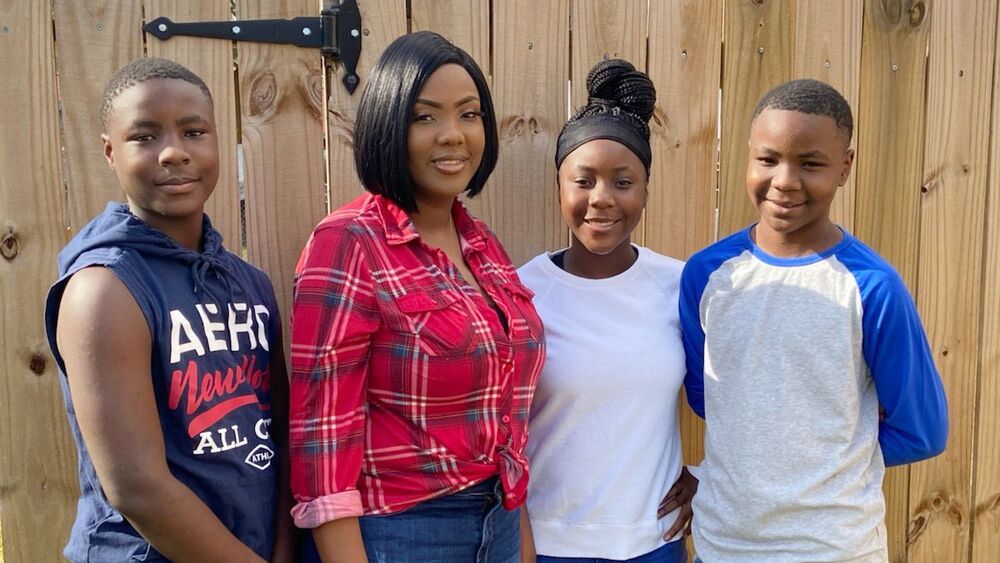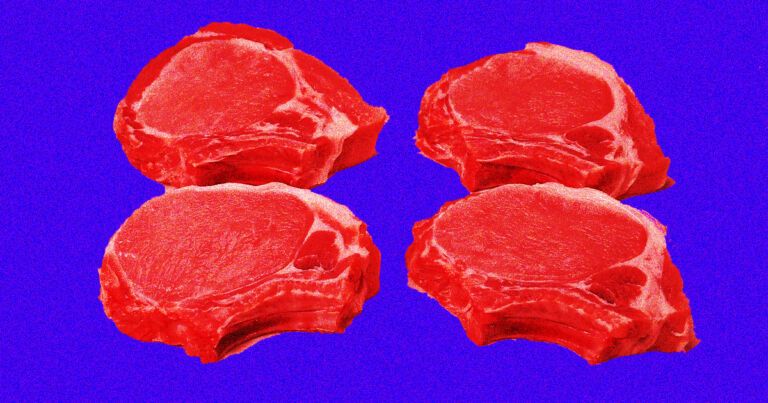A new study has found that a novel T cell genetically engineered by University of Arizona Health Sciences researchers is able to target and attack pathogenic T cells that cause Type 1 diabetes, which could lead to new immunotherapy treatments.
The immune system fights bacteria, viruses and other pathogens by utilizing several types of T cells, all of which have receptors that are specific to particular antigens. On killer T cells, the receptor works in concert with three signaling modules and a coreceptor to destroy the infected cell. Michael Kuhns, Ph.D., an associate professor in the UArizona College of Medicine—Tucson Department of Immunobiology, copied the evolutionary design to engineer a five-module chimeric antigen receptor, or 5MCAR, T cell.
“The 5MCAR was an attempt to figure out if we could build something by biomimicry, using some of evolution’s natural pieces, and redirect T cells to do what we want them to do. We engineered a 5MCAR that would direct killer T cells to target autoimmune T cells that mediate Type 1 diabetes,” said Dr. Kuhns, who is member of the UArizona Cancer Center, BIO5 Institute and Arizona Center on Aging. “So now, a killer T cell will actually recognize another T cell. We flipped T cell-mediated immunity on its head.”

